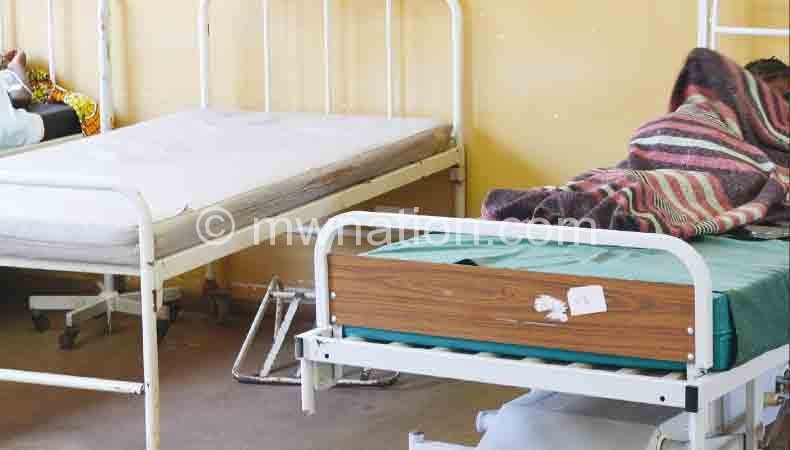OP-ED: Oxfam says user fees not solution to Malawi health financial challenges

While efforts elsewhere in the continent and across the globe are being made to expand universal health access to guarantee quality healthcare for everyone, Malawi seems to be retrogressing.
On 12 December this year, the African Platform for Universal Health Coverage (AP-UHC) launched the first ever campaign in nine African countries to advocate for improved funding for the health sector and highlight UHC in the political agenda. The launch coincided with the commemoration of the International Day of UHC.
Unfortunately, Malawi seems to be going in the opposite direction. Reports that some technocrats, civil society organisations and political leaders are advising the government to scale up paying services in public health facilities are not only sad but an attempt to violate poor people’s right to quality healthcare.
As free UHC is becoming a growing priority for all nations regardless of their income levels, we feel countries such as Malawi should be at the forefront of championing it and not scaling up paying services.
Our worry is that scaling up paying for health services in public health facilities will widen the inequality gap which is already worsening in the country. “In an economic situation like ours, we are aware that a majority of Malawians cannot afford to pay for quality health services and this will mean only few Malawians will have the means to access it”, says John Makina, Oxfam in Malawi Country Director.
While we commend government’s efforts in financing the sector, we feel there are a number of options that it can pursue without necessarily asking the people it serves to pay for health services when it should be free.
Although proponents of scaling up the user fees school of thought argue that it is a quick way of raising funds and that free health services will still be provided in public health facilities, it is obvious that the paying services will be of higher quality and those accessing it will be given preferential treatment. Besides, this will skew the health service delivery towards serving the rich at the expense of the poor.
Evidence shows that gaps in morbidity and mortality rates are not only the result of genetic or biological conditions but are shaped by inequities in the distribution of resources in society. These gaps are worse in the countries where poverty levels are high, such as Malawi. Paying services will undoubtedly increase unequal access to quality healthcare and medicines and this will worsen economic inequality. User fees are not a solution to improving health care! For example, in Zambia, after a long period of free health care provision, user fees were introduced in the early 1990s. Providing only 4% of total health expenditure, user fees failed in their objective to raise needed additional revenue. More importantly, utilisation of health services dropped significantly with devastating consequences for population health. Thankfully in 2011, the Government of Zambia chose to remove user fees from across the country – a move welcomed by its citizens.
Malawi is one of several African countries that saw the importance of increased investment in health leading to the adoption of the Abuja Declaration in 2001 which encourages member states to at least allocate 15% of national budget towards health. Oxfam believes this is a progressive way of ensuring that everyone has access to quality health care.
While Malawi was making positive strides towards meeting this, the 2014/15 national budget reveals a significant drop from 12% to less than 10% allocation towards health. This, coupled with calls by others to scale up paying for health services is not only a retrogressive move but also a violation of citizen’s rights to quality health care.
We feel government has the capacity to raise and commit adequate resources towards quality health care for everyone. Governments should prioritize progressive tax policies, taxing everyone according to their means, and ending the tax evasion and avoidance which starves the public purse. The government must also put in place strict measures to ensure that resources committed to the health sector are managed prudently to benefit the poor Malawians and are not lost through corruption and mismanagement.
Considering that it is likely that UHC will be incorporated into a post-2015 sustainable development goal for health, we implore that the scaling up paying for health services school of thought should not be the direction that Malawi takes. UHC guarantees people’s right to essential healthcare services and the poorest and most vulnerable Malawians are the ultimate major beneficiaries.
—For more information please contact our Media and Communications Coordinator, Daud Kayisi through email: dkayisi@oxfam.org.uk or call 01 770 489/00265 9966 238 22






We need to accept that we are in a capitalist economy. Don’t make unrelated comparisons of Mw and other countries with resources!